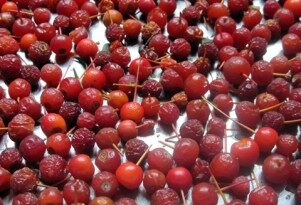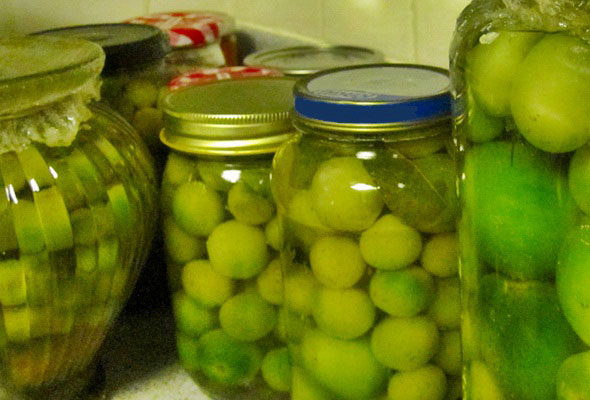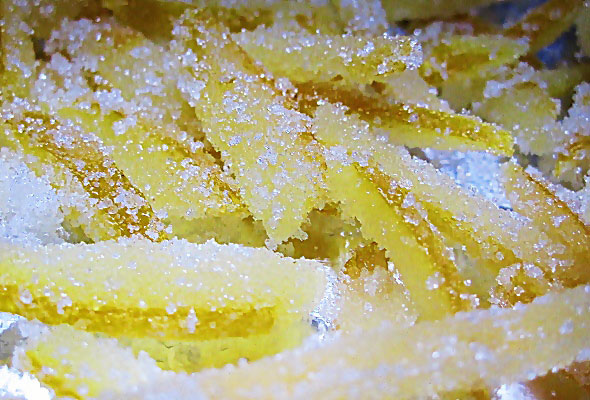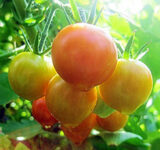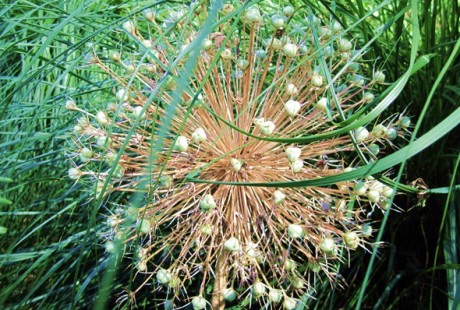herbs
The first time I saw an herb garden in a public park I asked myself what was the point of it? The fact that it occupied a small nook in the middle of the rose garden, at a time when all the roses were in bloom, didn’t help its cause very much. I know better now.
Of course, I selected the herbs for my own garden according to their flowering habits, unfair as it may seem; nobody grows herbs for their blooming prowess.
The one good thing about herbs is that they pretty much take care of themselves. They weather drought, heat, freezes, they’re the ultimate “set it and forget it plant”.
They enjoy clay soils, dry, hot weather and plenty of air movement, if you want to pamper them, but they’ll grow anywhere, as long as they have sunshine. The Mediterranean darlings, like French lavender and rosemary, will not survive harsh winters outdoors, but most perennial herbs won’t be affected even by subzero temperatures.
They tend to grow enthusiastically once established, and they need to be hard pruned on a regular basis to keep their foliage healthy and flavorful.
Be mindful of the spacing requirements, herbs grow up to five time their original size and they will end up smothering each other. They need good air movement, otherwise they develop black spot and powdery mildew, especially during long stretches of rainy weather.
When you harvest herbs, always pick the fresh, young top growth. Don’t feel tempted to pick the broader leaves at the base, the plant uses them as energy storage and their flavor is not that great anyway. By picking the top growth you encourage the plant to leaf out more, instead of growing leggy.
I don’t know if herbs protect their turf (some plants release natural herbicides into the soil to eliminate the competition), but I noticed that the herb patch stays relatively weed free.
As far as flowers are concerned, they bloomed more than their counterparts in the flower border last year. Keep in mind that some herbs bloom, ripen and die, so if you want to keep calendula and basil alive until the end of fall, don’t let their flowers go to seed. Even herbs that don’t die down after blooming, like lovage and dill, will put all their energy into their offspring instead of the foliage.




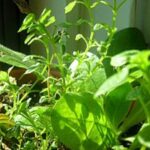 Previous Post
Previous Post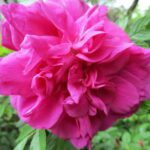 Next Post
Next Post
